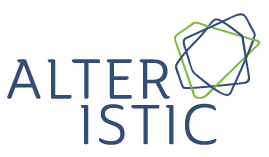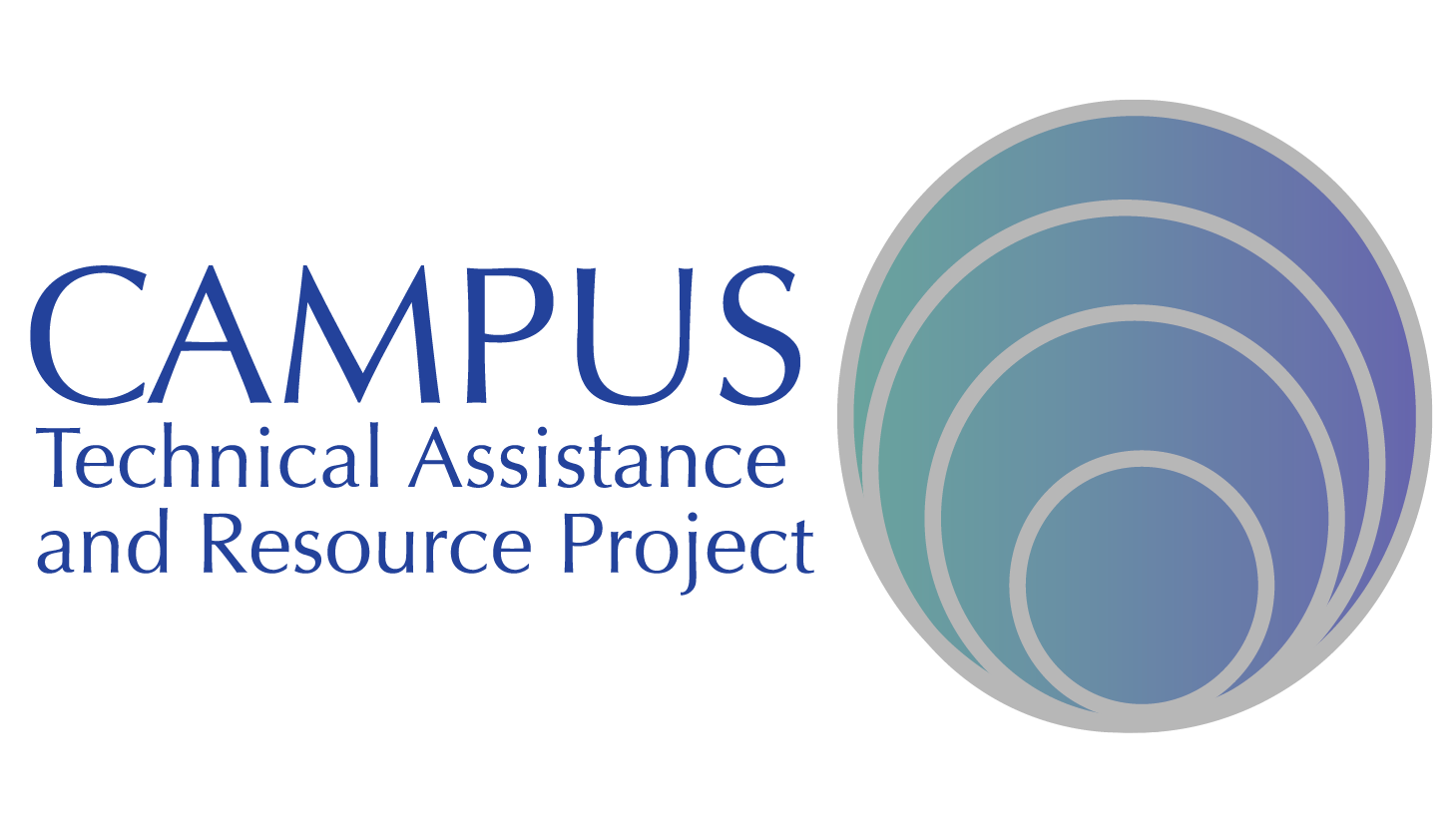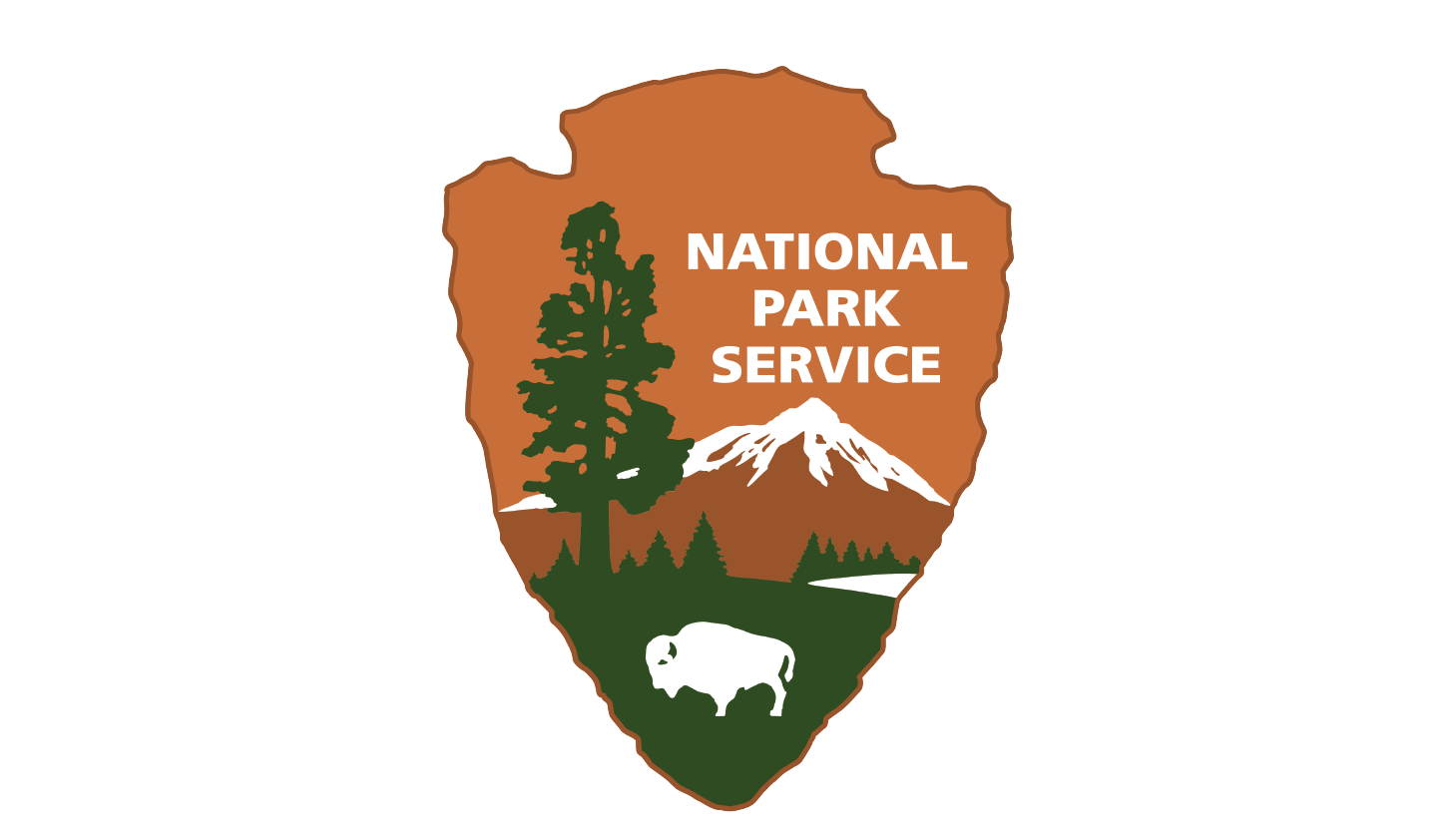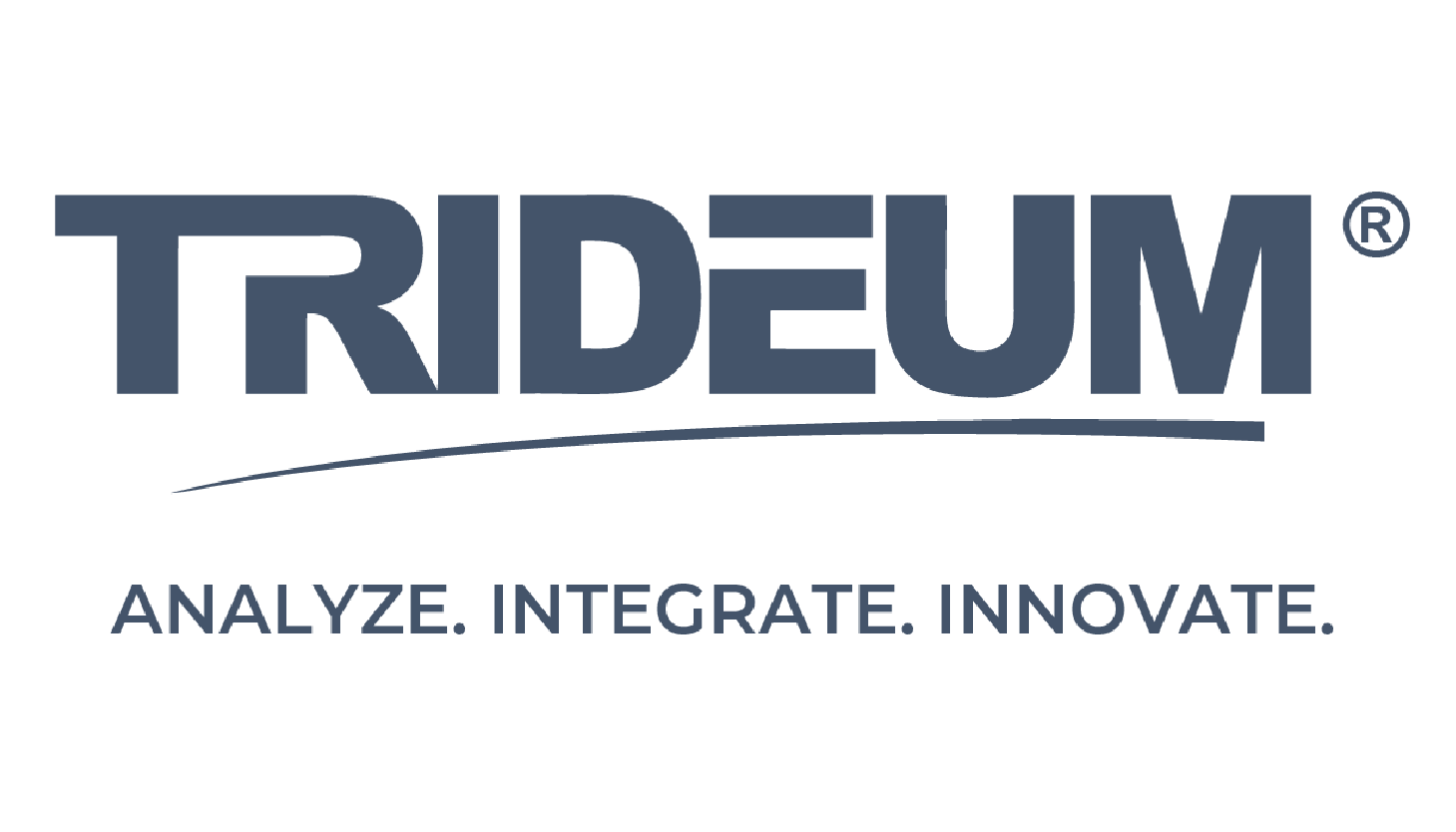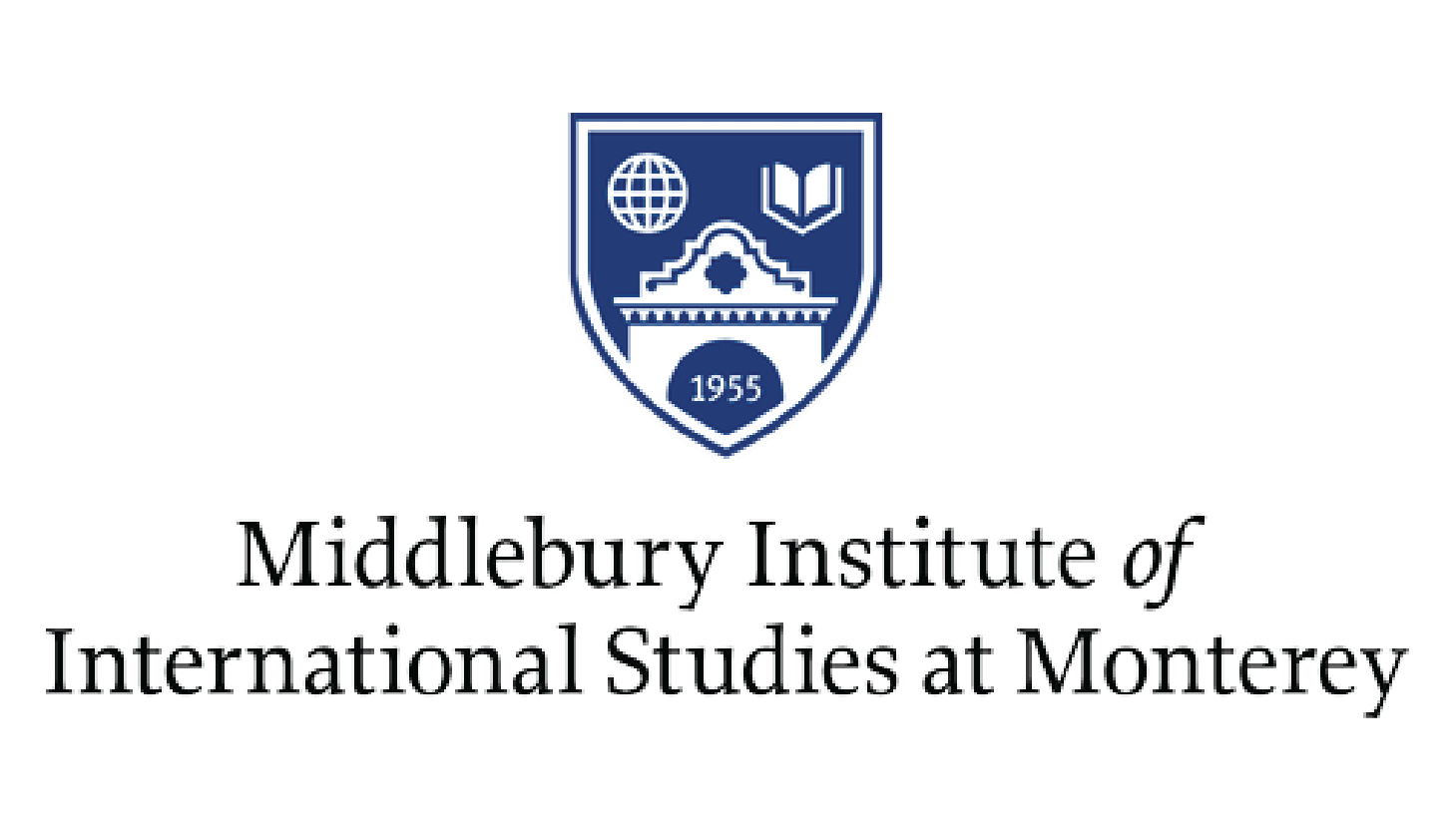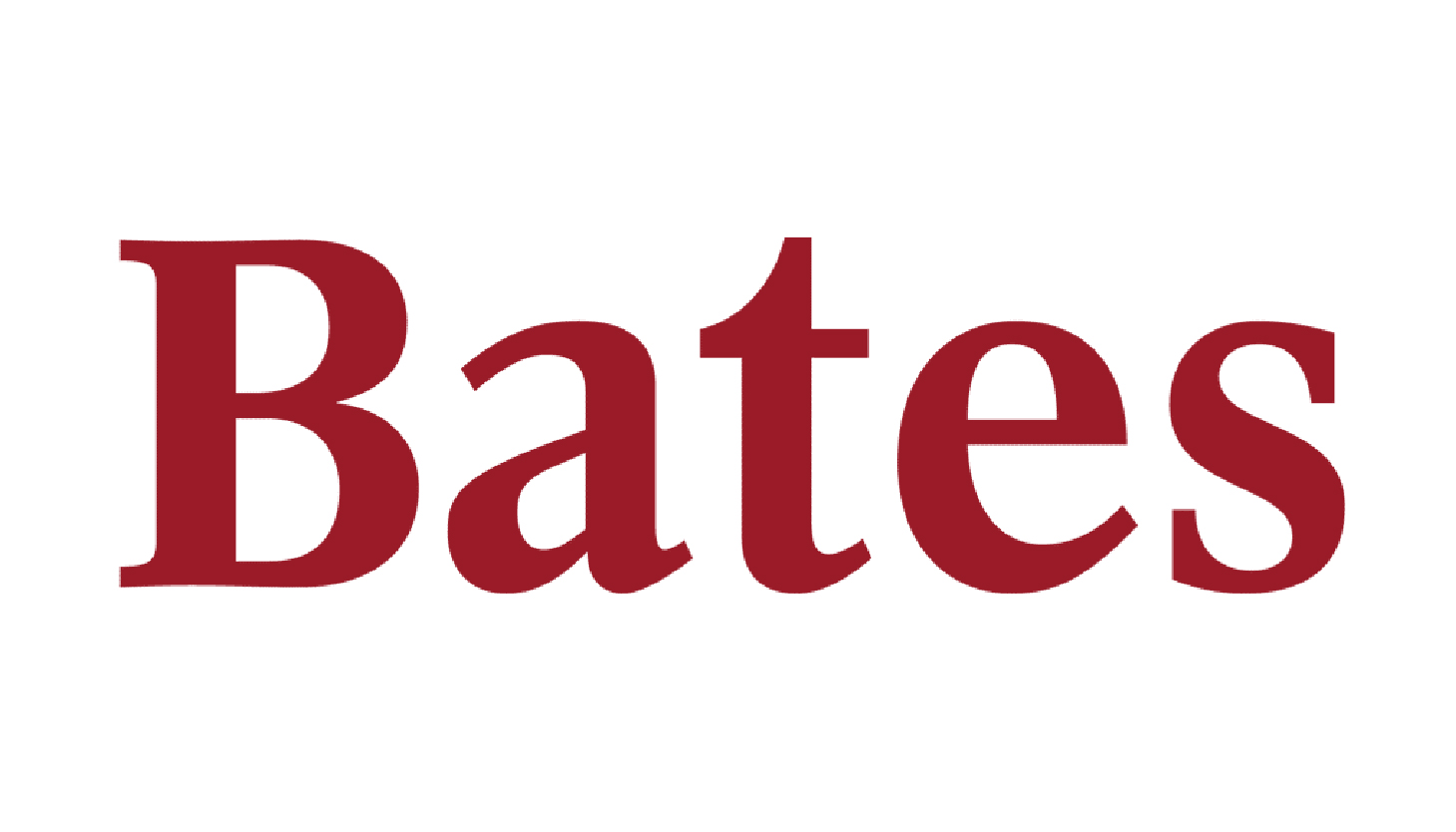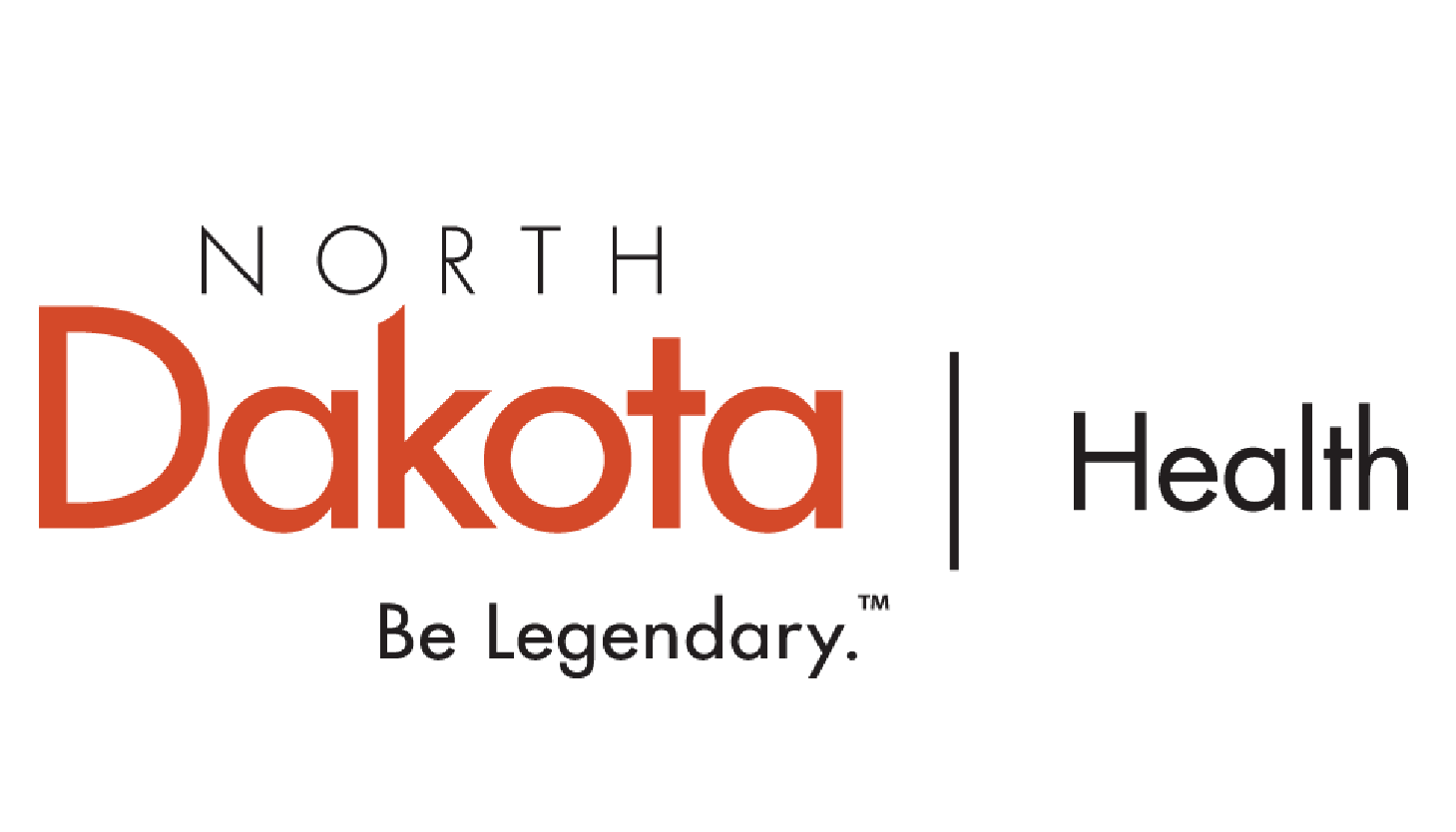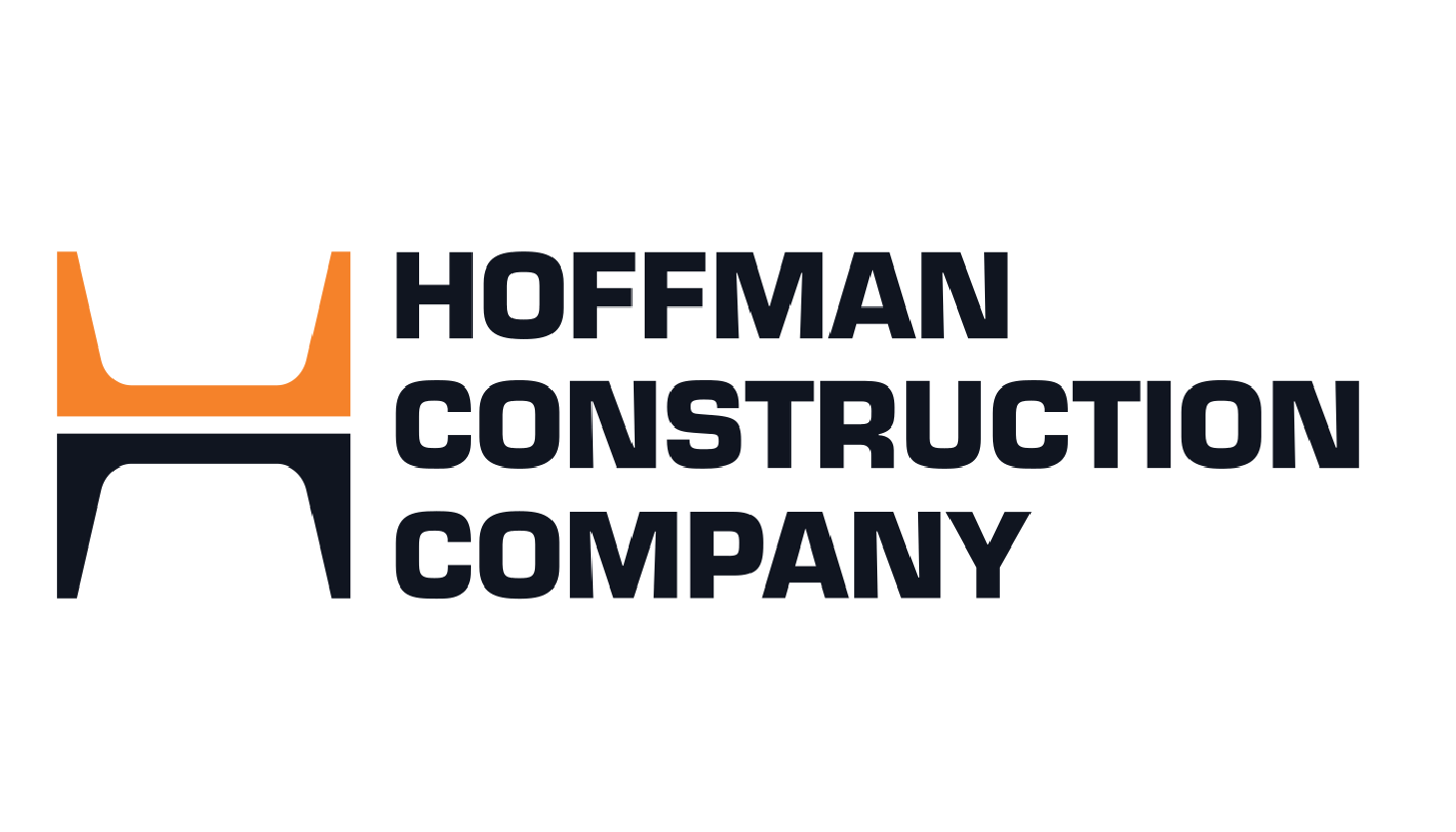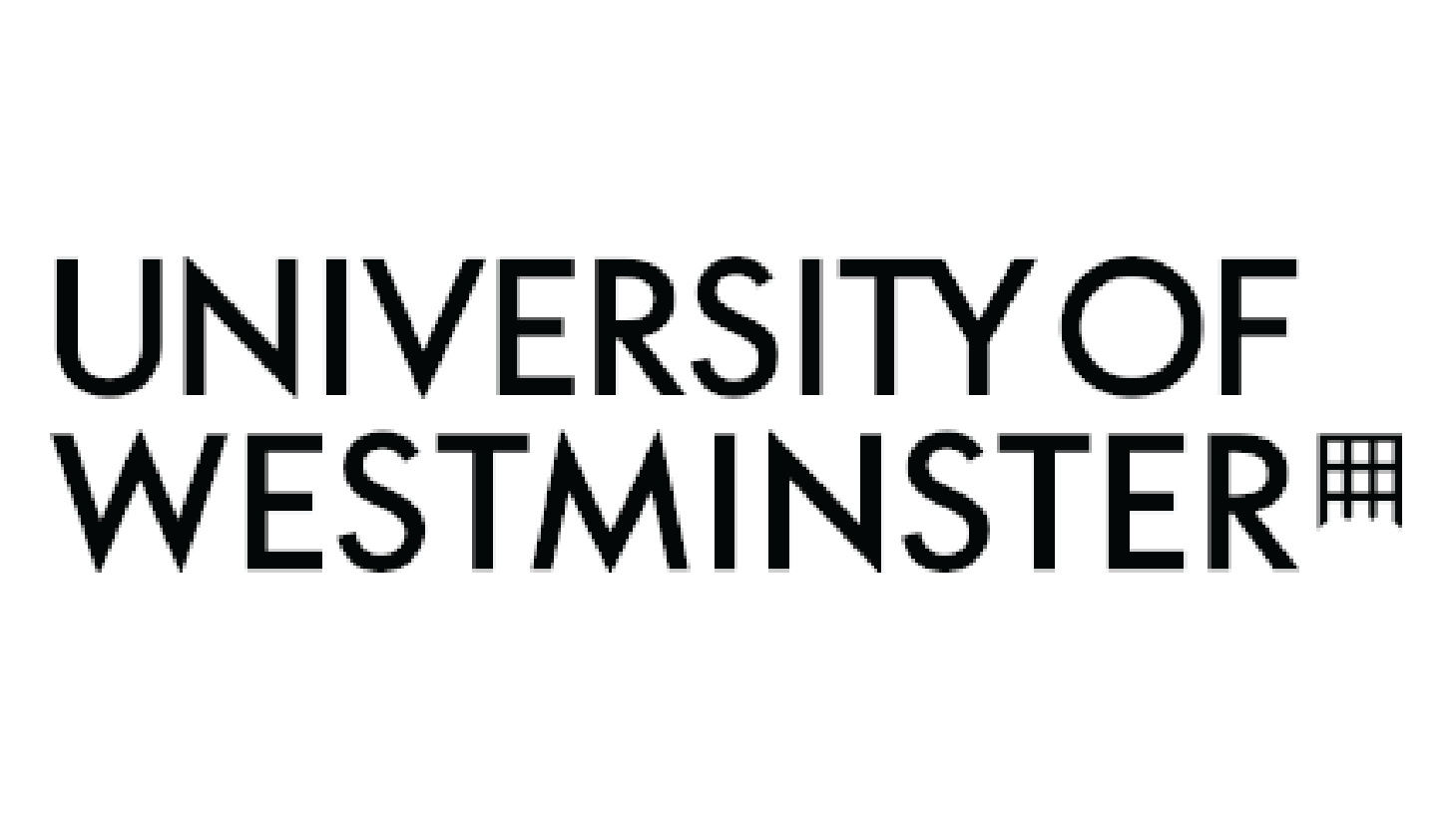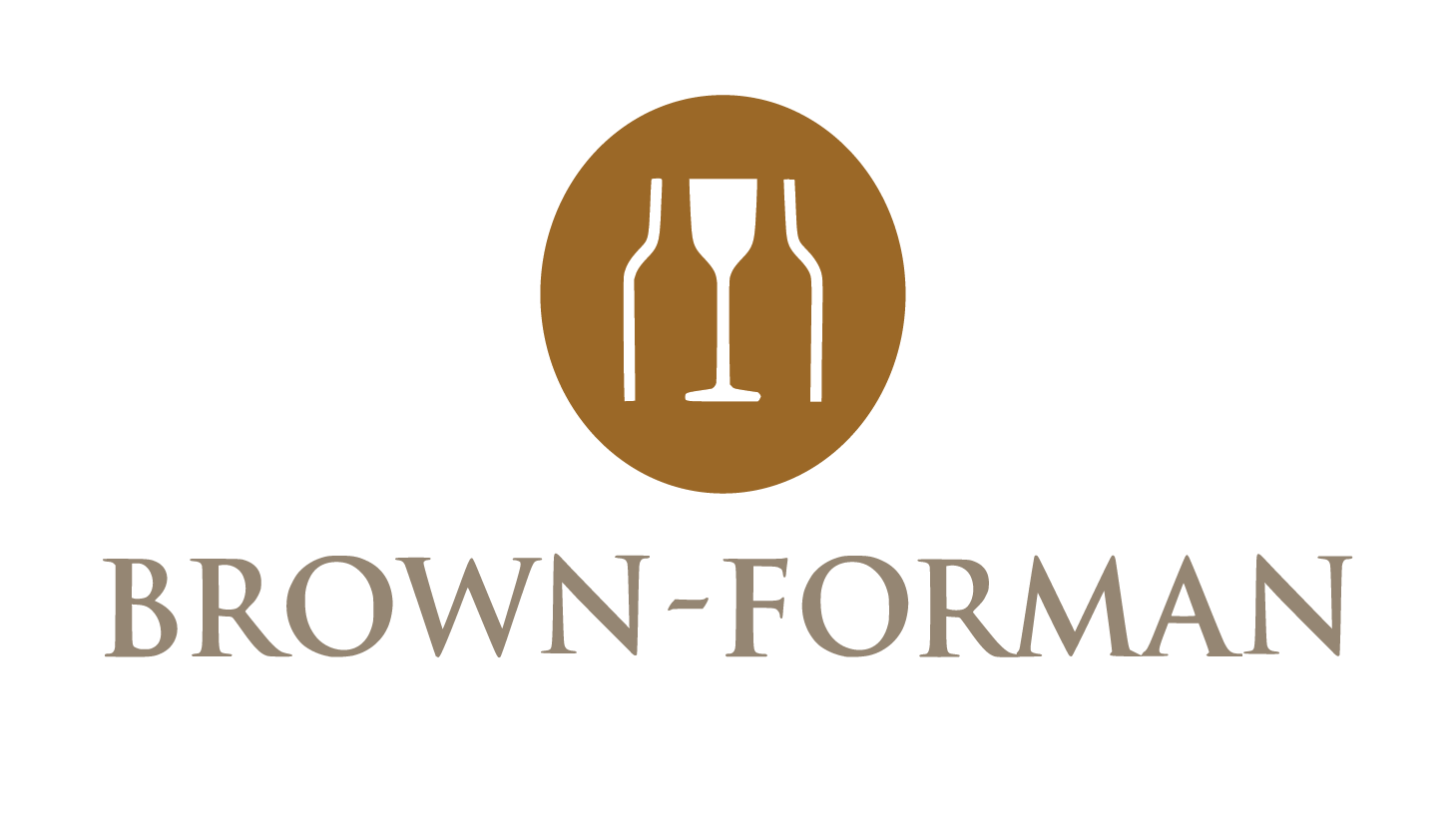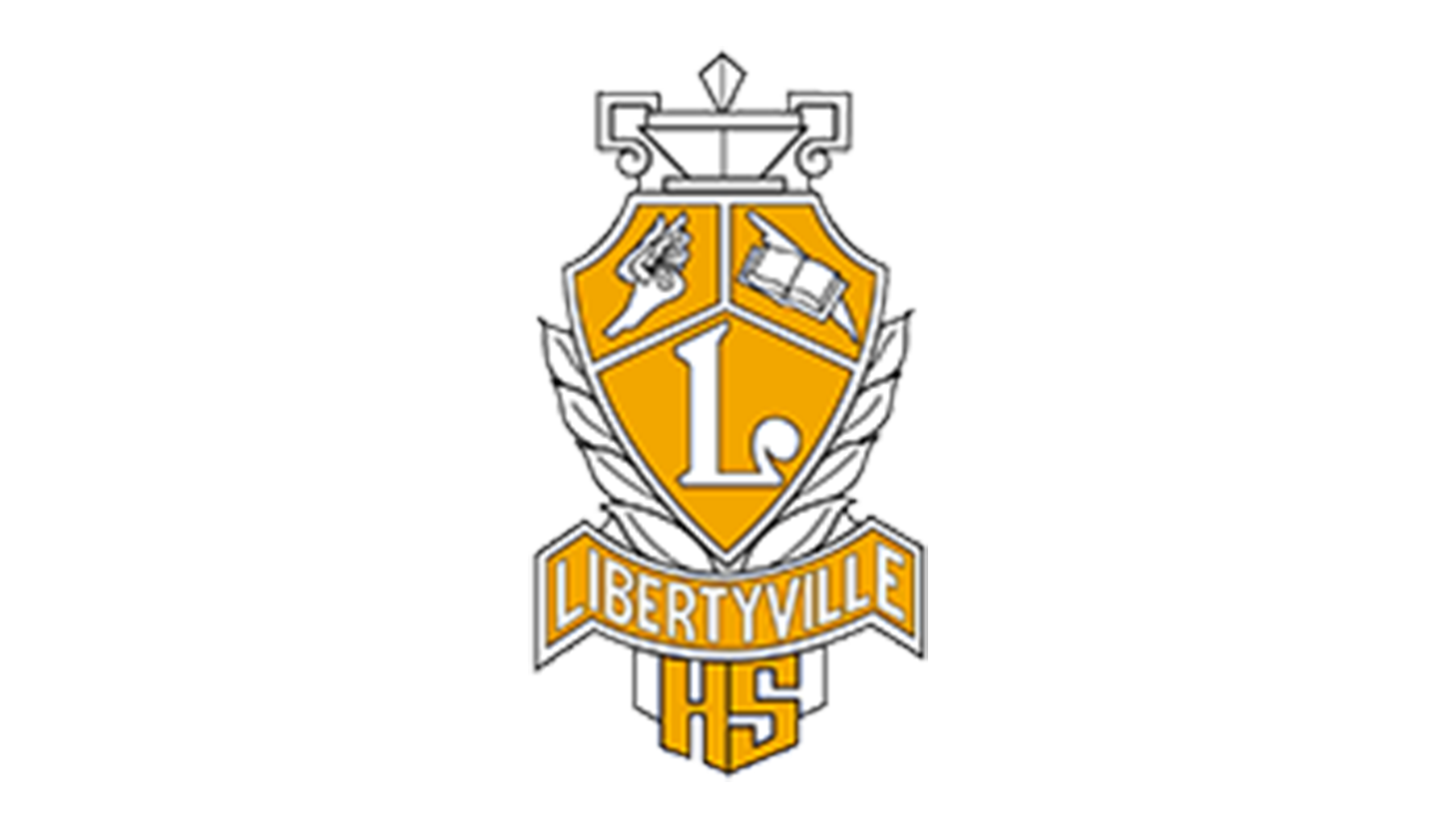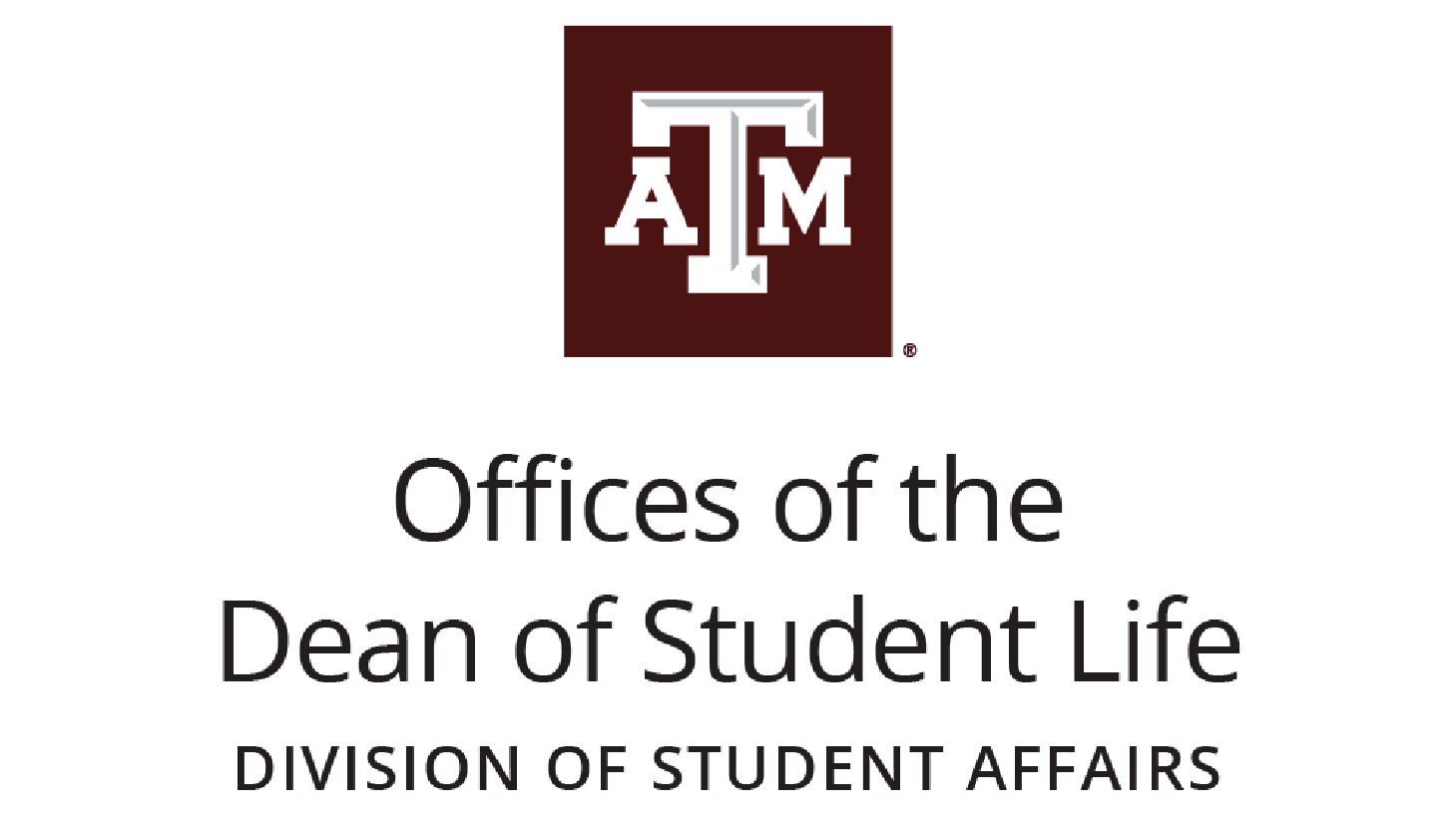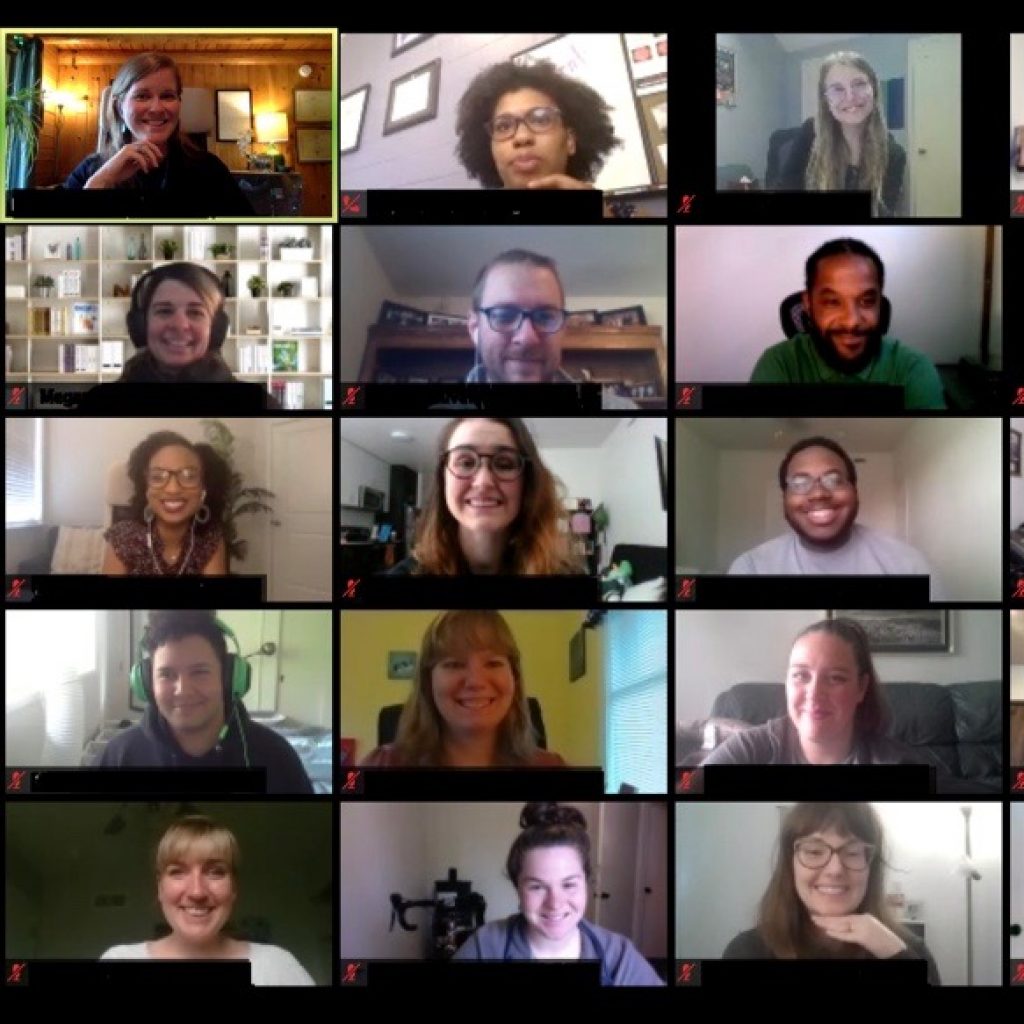culture pivots
Solution framework
What we’ve always done will not create the necessary paradigm shifts. What we’ve always done will not reduce violence at an adequate rate. As we work toward thriving communities and a violence-free tomorrow, we must ask new questions, explore active solutions, and apply knowledge from seemingly unrelated disciplines to our own challenges. What we do now is question what we think we know. What we do now is pivot to see things from a new perspective, find new truths, and develop new paradigms to guide our work.
From Reactive to Proactive
We stop situations before they develop. Historically, most prevention education and bystander intervention trainings have been reactive, focused on how to respond after something has already happened, or how to intervene when something is already in progress. Pivoting toward primary prevention, we position every individual as a proactive member of society. The most important role individuals can play in prevention is to find small ways to set safe social norms among their peers, norms that are intolerant of violence and support assisting others. When these norms are set and maintained through small daily choices, violent and destructive acts are less and less likely to occur.

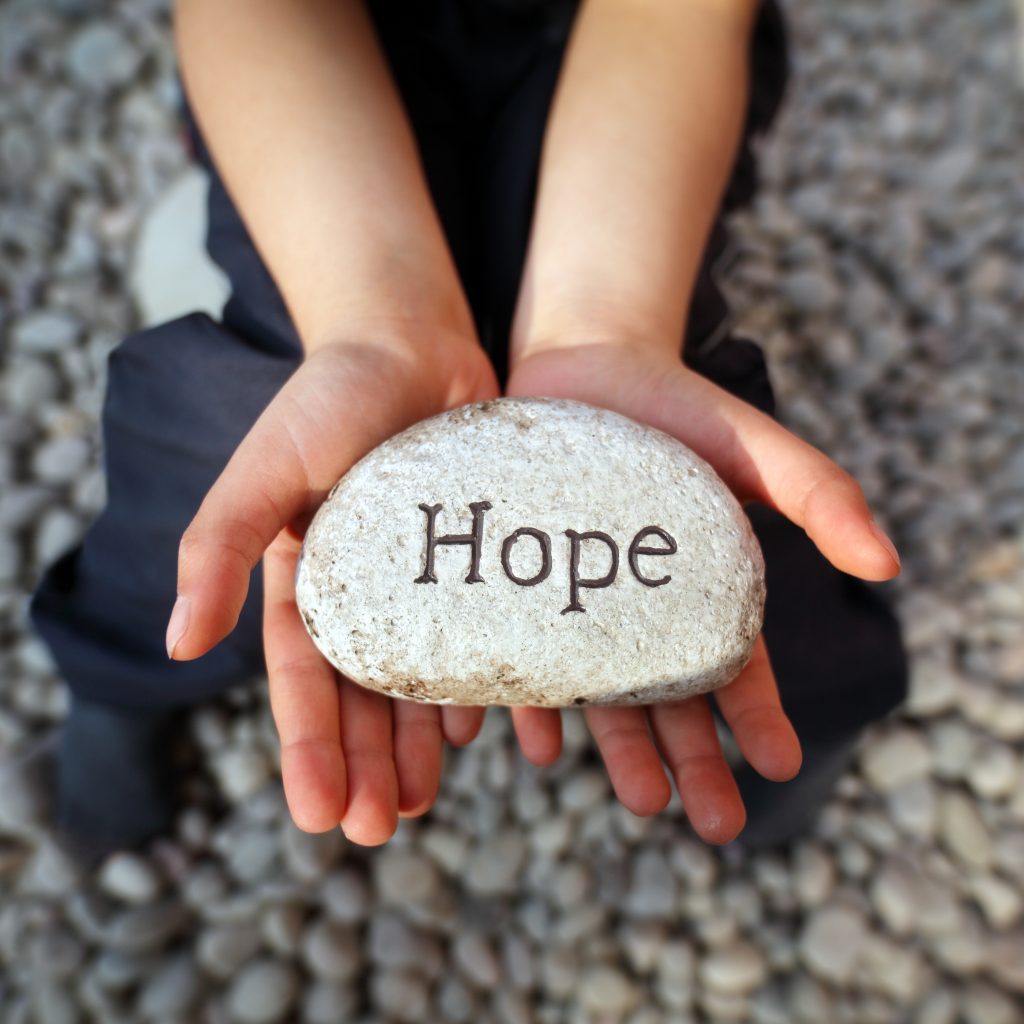
From Problem to Solution
We focus on what’s possible. Because prevention efforts tend to focus on the problem, many have unintentionally spread a sense of resignation and hopelessness. When faced with the large scope of deep-seated problems and stuck statistics, many people buckle under the enormity of the task. Hope, the overwhelming sensation that change is possible, is essential to our success. We have shifted the focus to emphasize solutions and the manageable, meaningful contributions each person can make to lasting change. No one has to do everything. But everyone can do something.
Zero Personal Growth Required
We work with who you are. Other approaches to social issues may challenge individuals to create change beyond their reach. High school students are asked to face peer pressure and take a stand. Employees are asked to confront a supervisor or make waves in their department. Reluctant, shy or unsure individuals are asked to confront an uncomfortable or risky situation. Rather than forcing someone to take a heroic stance or create a situation beyond their capacity, we pride ourselves in creating solutions that require “zero personal growth.” We provide manageable, realistic solutions that can be used by anyone, regardless of their challenges, beliefs, or barriers. We must keep our eyes in the world as we want it to be, but build solutions based on the world as it is.

School trainings
Instructors
trained in 2023
Govt & Business employees
trained in 2023
Department of Justice
Partnering to create a primary prevention strategy that addresses sexual assault, dating/domestic violence, and stalking.
Oregon Tradeswomen
Partnering to addresses bullying, harassment, hazing, and other forms of aggression in Portland’s construction trades.
Partners
We pursue organizational and individual partnerships with the spirit of humility and collaboration needed to change culture and create safe, equitable communities.
